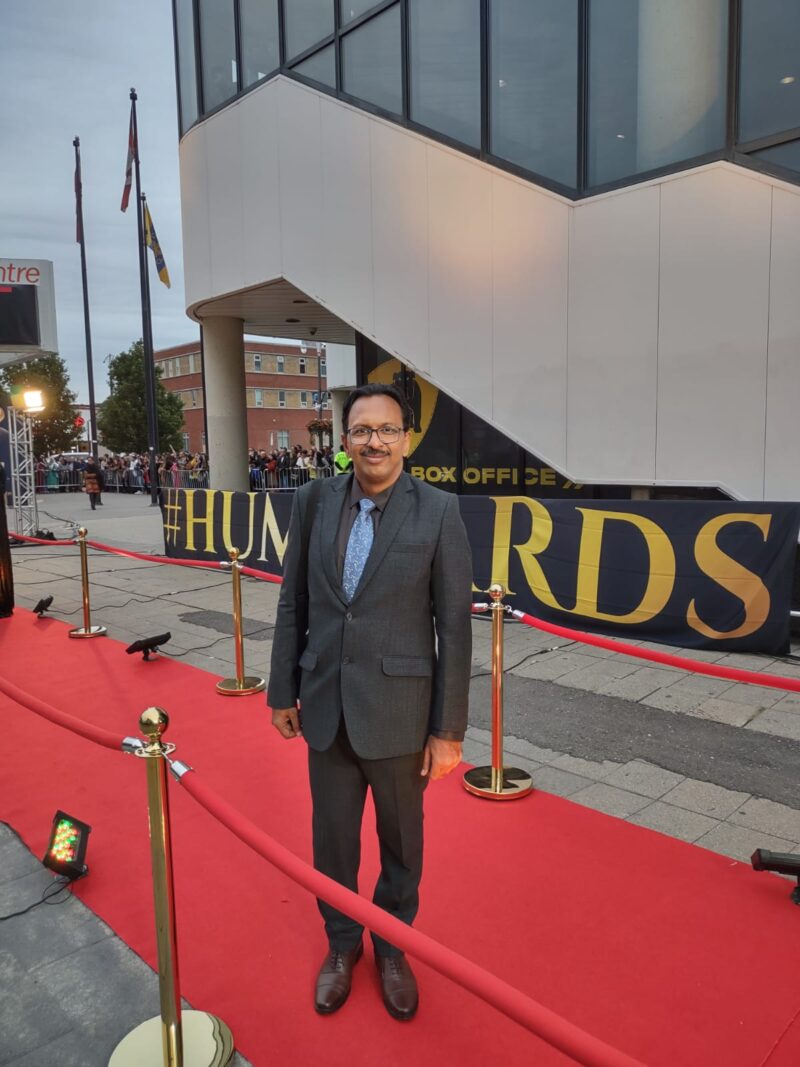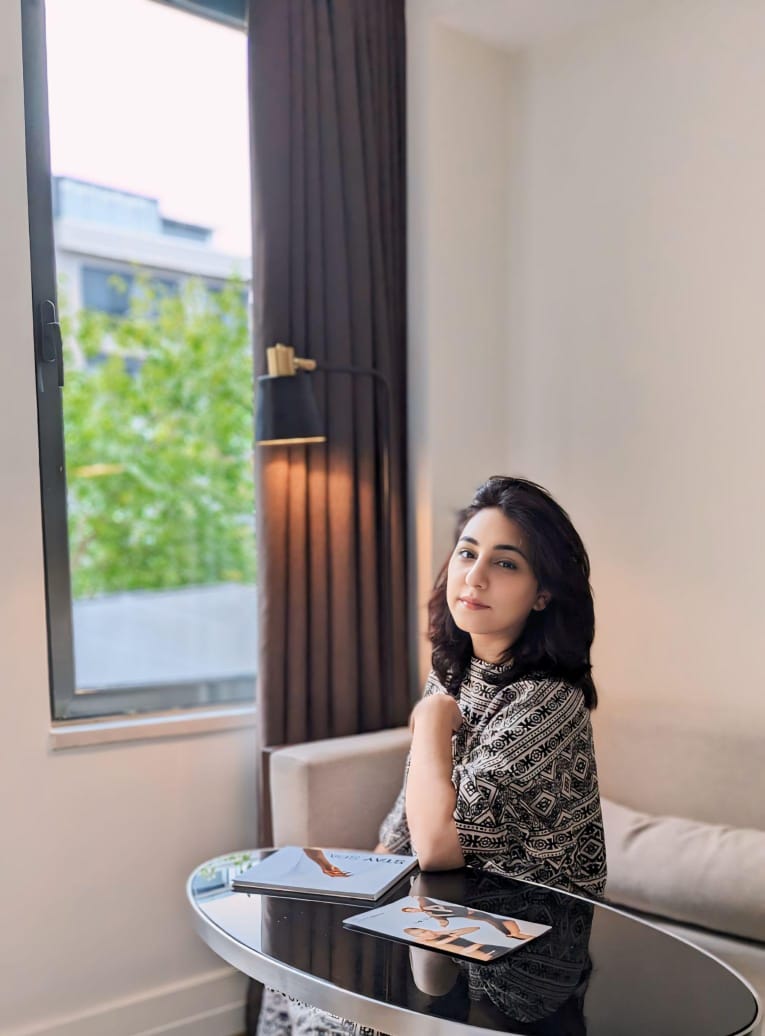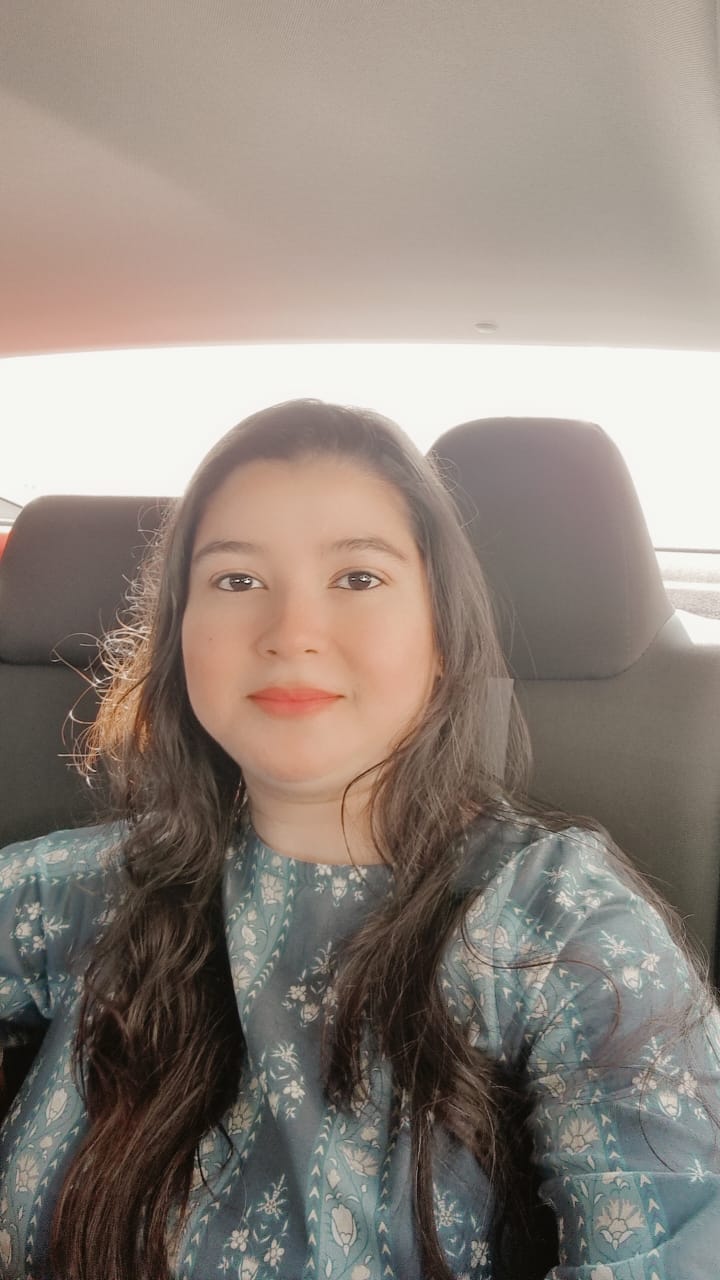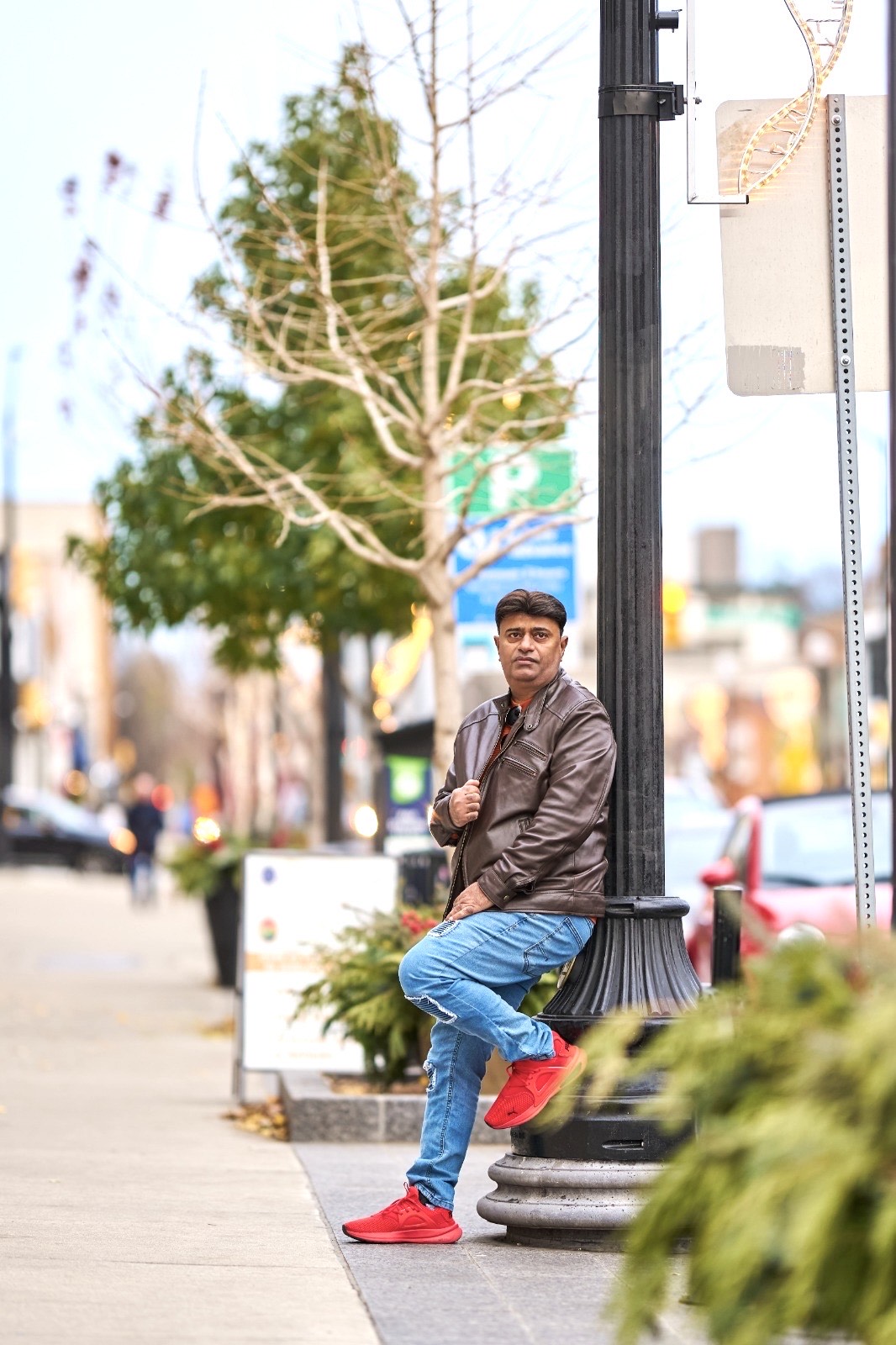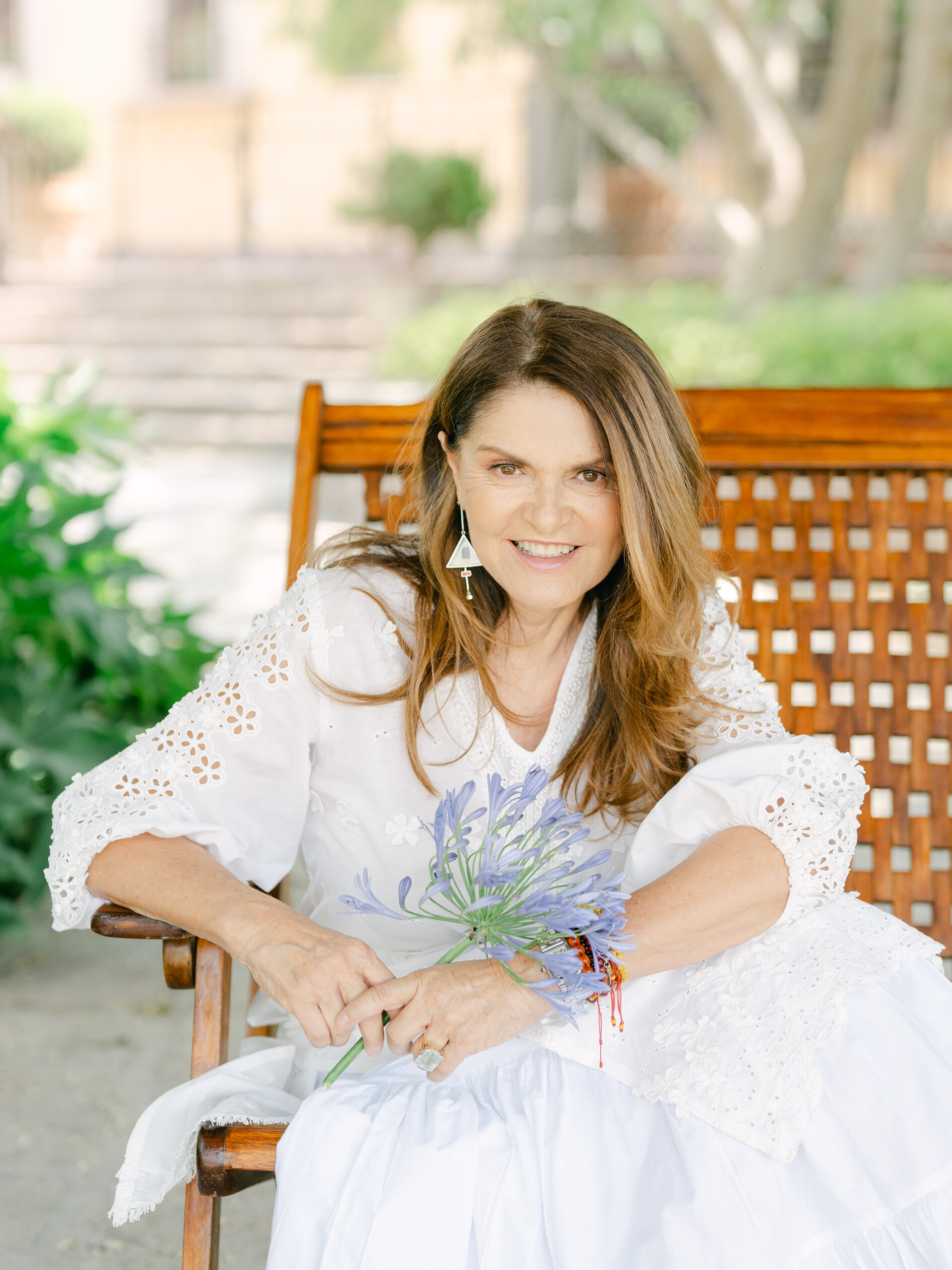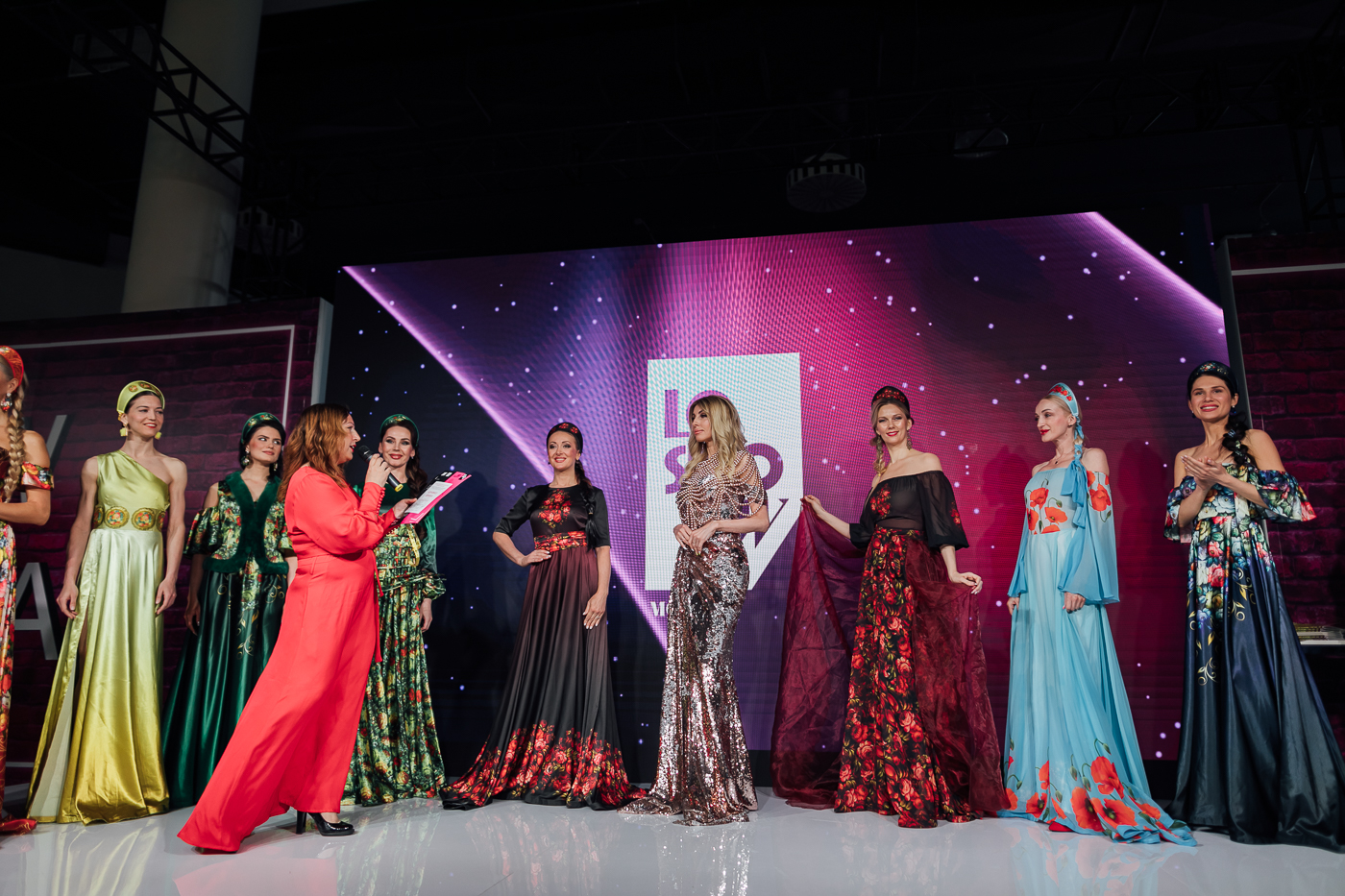
In an exclusive interview with Pakistan in Vogue, meet Rafay Rashdi, an acclaimed writer, producer, and director, boasting over a decade of experience in the Pakistani media industry. Rashdi's journey into direction began with the notable "Thora Jee Le," followed by producing the highly praised "Badshah Begum," which earned critical acclaim and a nomination at the Lux Style Awards.
However, it's his directorial venture, "Jamun Ka Darakht," that has truly showcased his talent, winning an impressive array of international awards, including Best Social Justice Short Film at Cannes and Best Human Rights Film at the Vancouver International Movie Awards, Best Short Film at South Asian International Film Festival Florida and several other nominations.
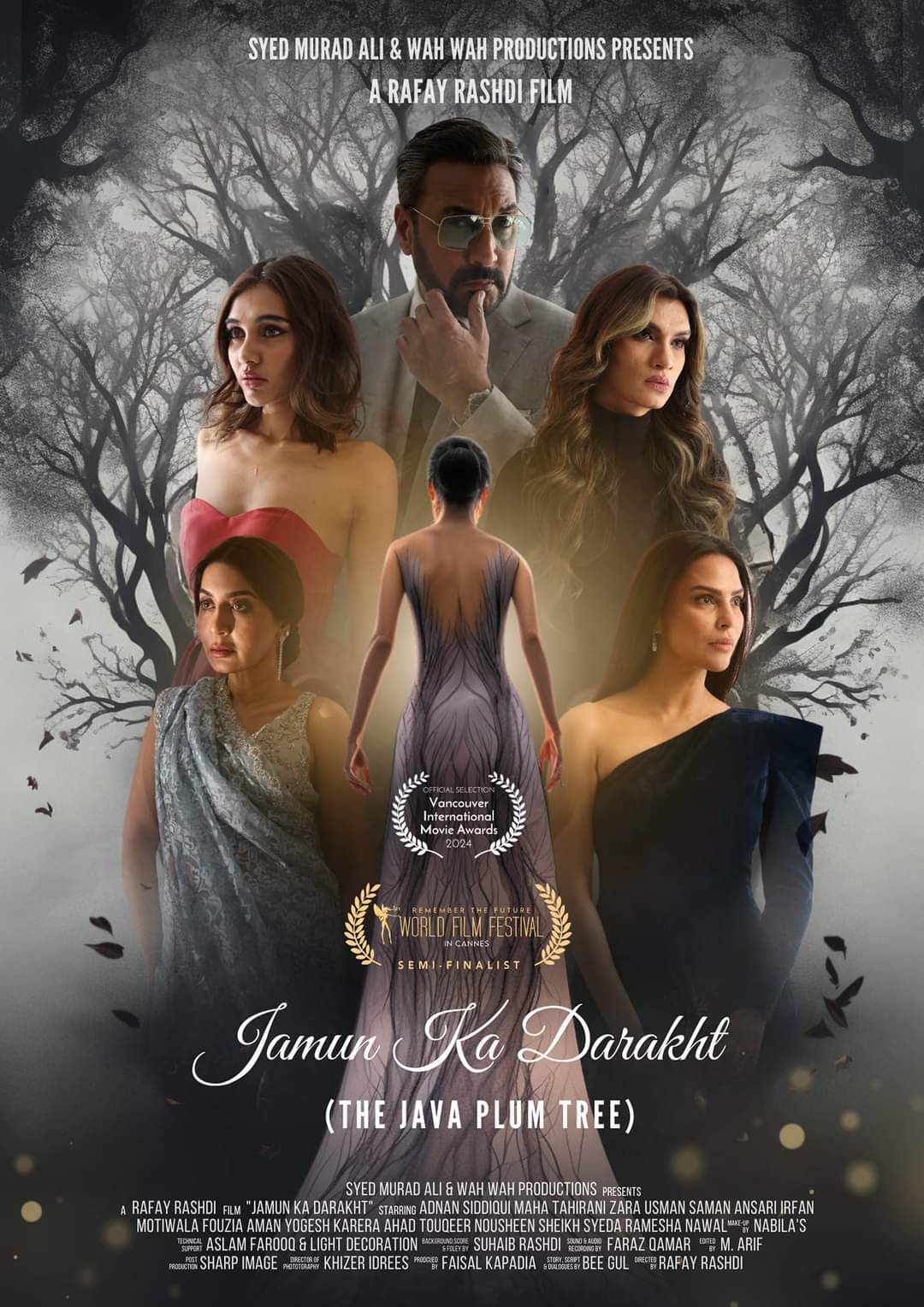
In this exclusive interview, discover the creative process behind his latest film, "Jamun ka Darakht," as Rashdi shares insights into its conception, challenges faced during production, and the thematic depth woven into its narrative.
- Why did you choose the eccentric name 'Jamun ka Darakht' for your film, and what does it signify within the context of the story?
I didn't actually choose the name. It was conceived by the writer of the script, Bee Gul. The name symbolizes the lasting impact of our choices, much like the stains left by the Jamun fruit.
- What inspired you to create this particular film?
I was interested in exploring gender conflict, a theme commonly seen in popular culture. When I discussed this idea with Bee Gul, she crafted the story. Also, I wanted to enter the international festival circuit as both a filmmaker and director.
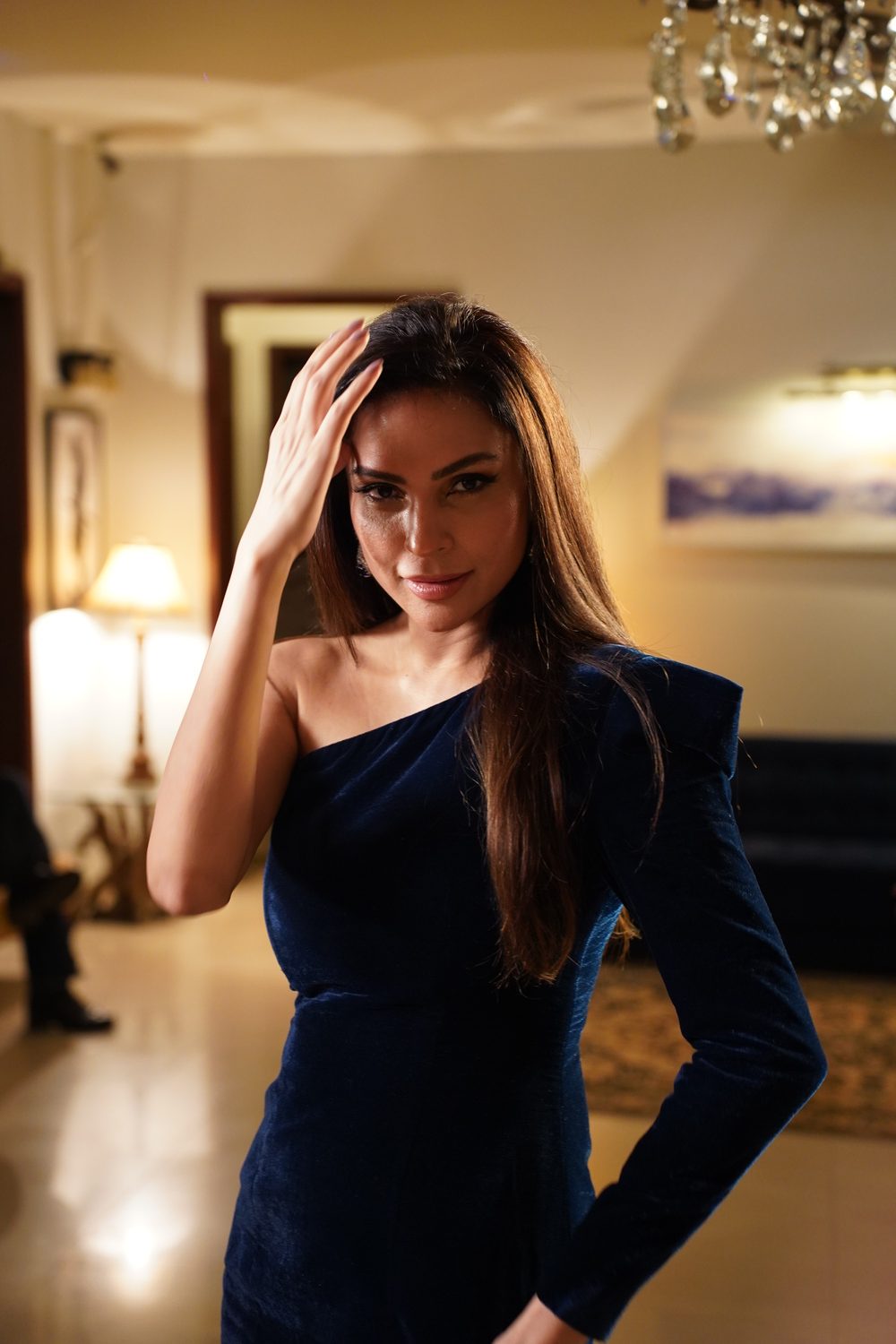
- Can you share some insights into the creative process behind the making of this film?
Besides scripting, we conducted extensive auditions spanning several days to select the main cast. We also had intensive rehearsals and reading sessions before starting production.

- What challenges did you face during the production of the film, and how did you overcome them?
Every production presents its challenges, especially with short films. We had to manage shorter shooting days, a tight budget, and limited locations. Despite this, we managed to shoot the film in just seven days, thanks to the dedication of the entire cast and crew.
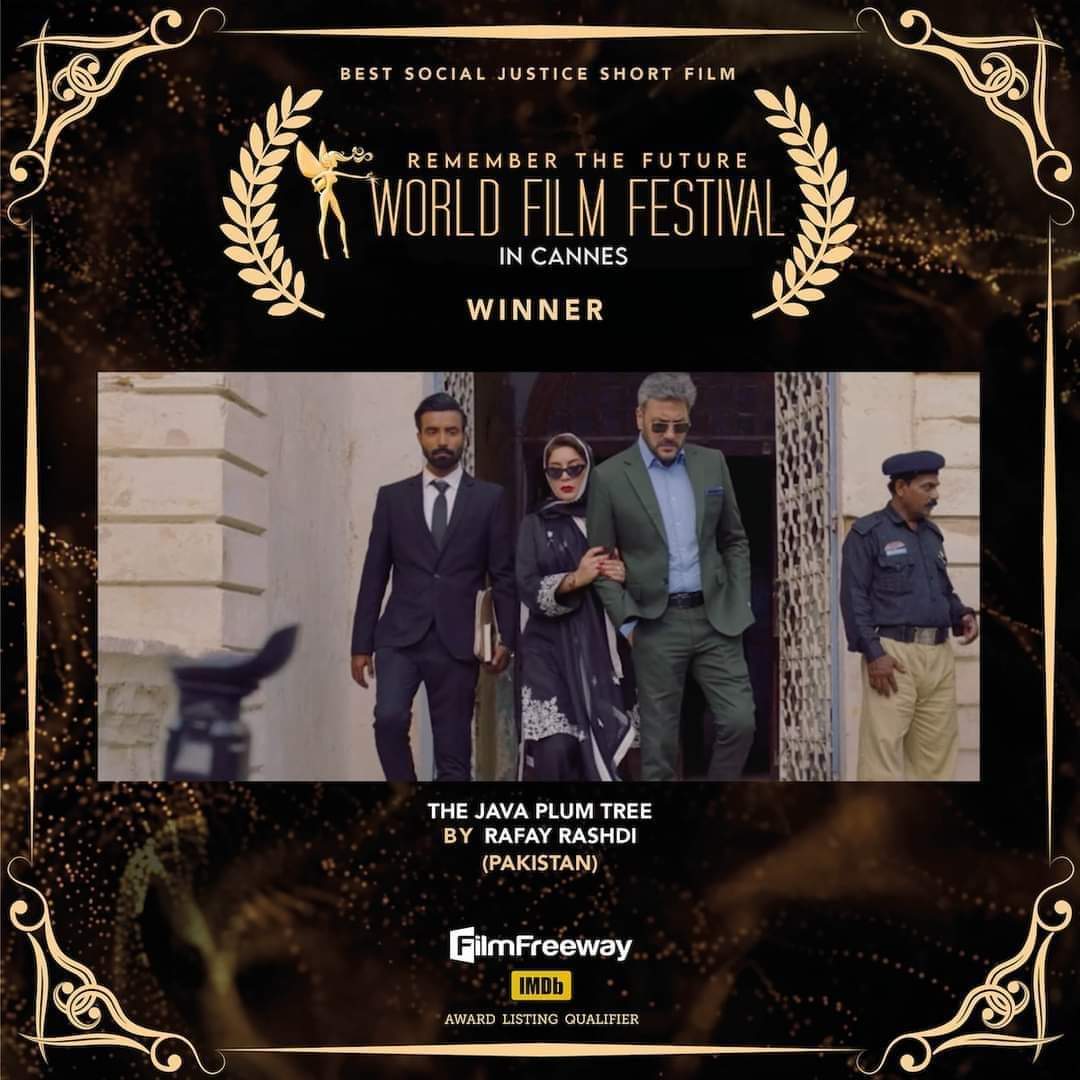
- What message or themes are you hoping audiences will take away from watching your film?
We've presented the situation in the form of a story, leaving it open for the audience to draw their own conclusions.
- How does your film reflect Pakistani culture or society?
While it's a fictional narrative, it draws inspiration from Pakistani popular culture, particularly the fashion and entertainment industry. It reflects aspects of our society and culture as depicted today. As a filmmaker, it is my utmost duty to present a narrative on neutral grounds without any bias.
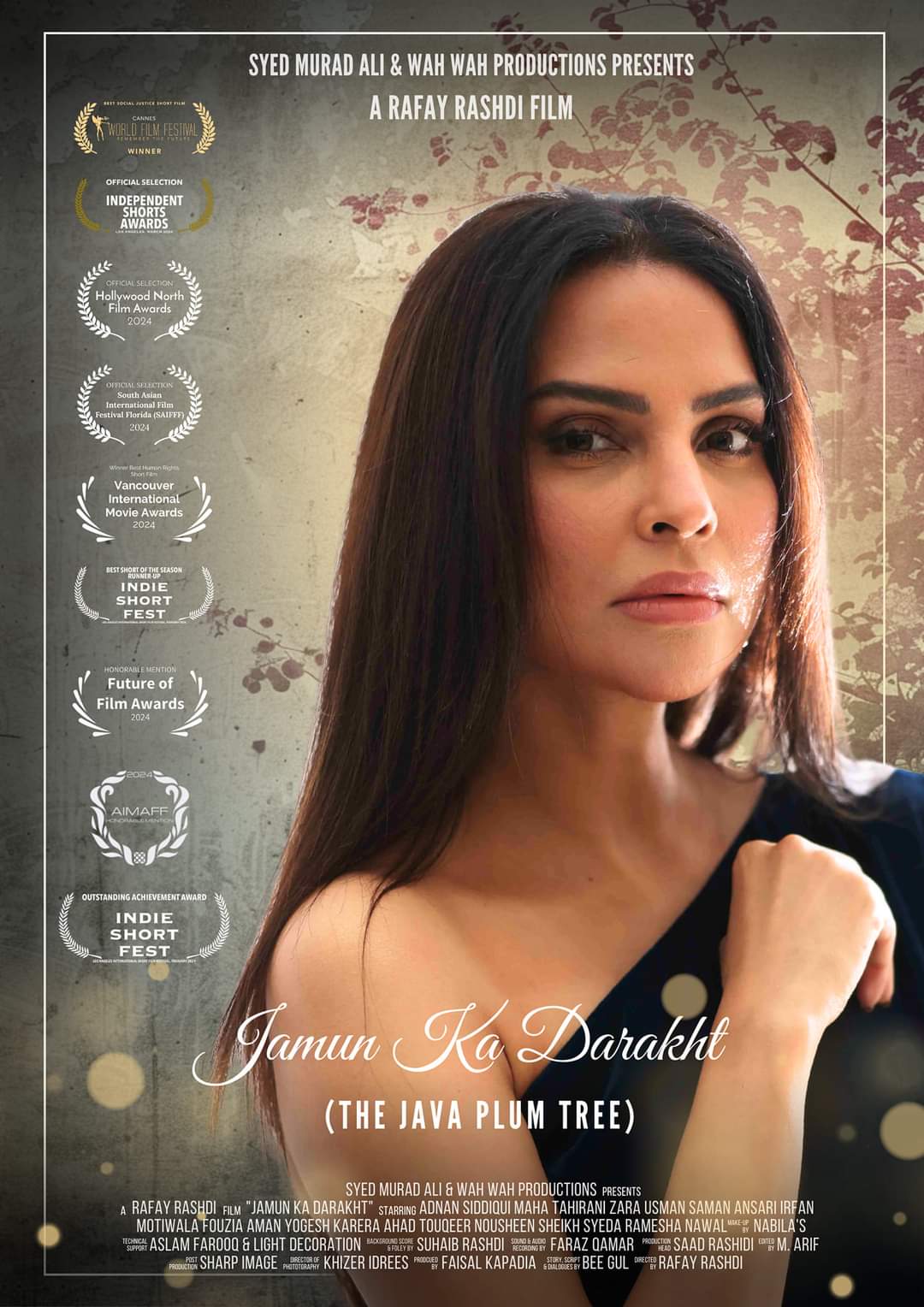
- Are there any specific influences or filmmakers who have inspired your work?
Filmmakers like Spielberg, Oliver Stone, Lars Von Trier, Bryan Singer, and Darren Aronofsky have been significant influences on my work.
- What do you hope to achieve or communicate through your film being showcased at Cannes?
We're thrilled about its selection and hope audiences appreciate the narrative. Our goal is to showcase it in as many festivals as possible.
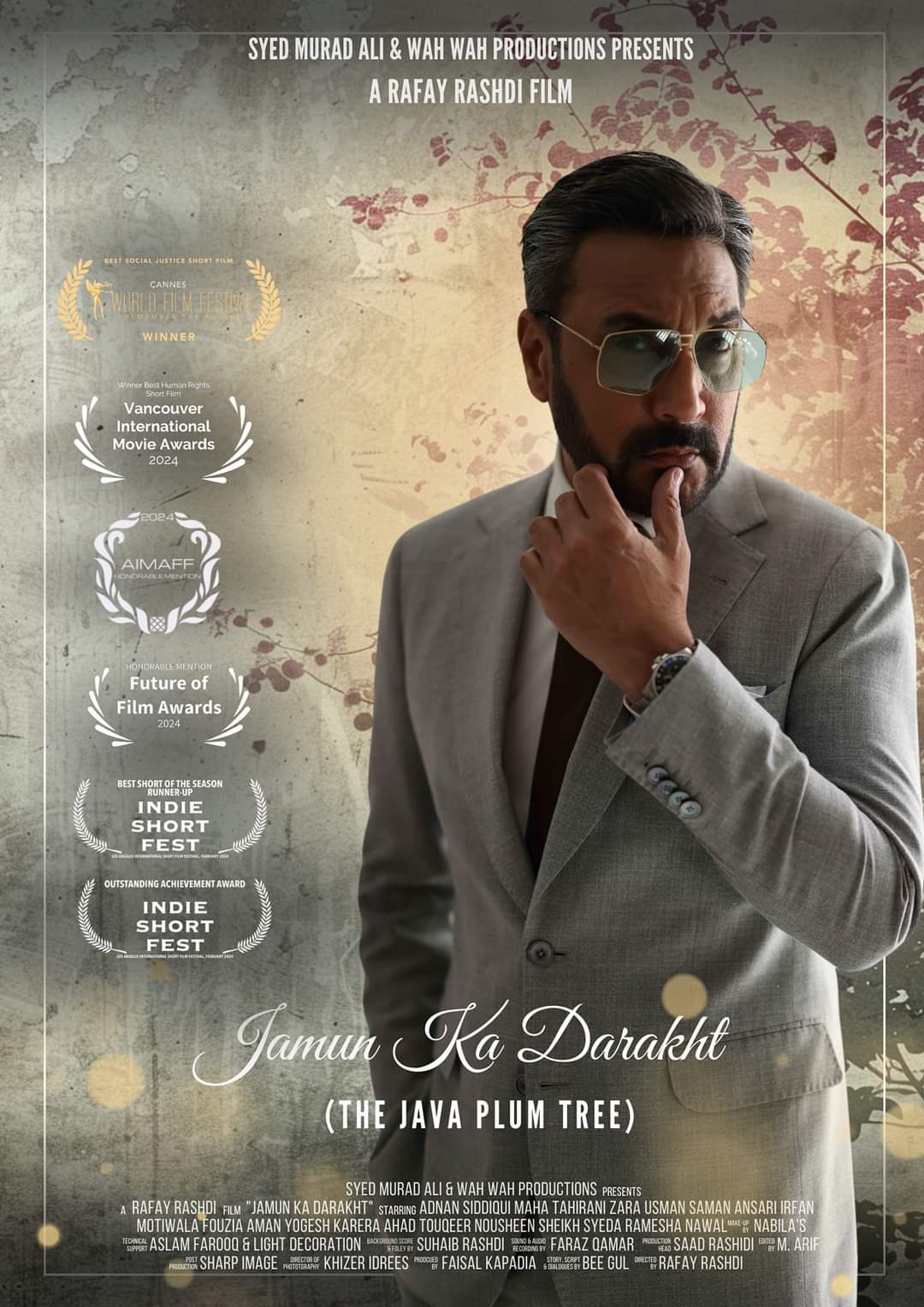
- Could you tell us what it was like working with the big-name Bee Gul? Did having Bee Gul write the screenplay give you confidence that the film would be a hit, or did it add pressure to meet certain expectations?
Working with Bee Gul was a fulfilling experience. Her dedication to addressing pressing societal issues resonates with my own creative aspirations.
Despite Bee Gul's demanding schedule, she generously invested her time in our collaboration. With her involvement, we meticulously refined the screenplay through five drafts, benefiting from her valuable insights during our final discussions.
While her participation did bring added pressure, my primary focus remained on creating a film that resonates with audiences. Ultimately, the success or failure of the film rests in the hands of the viewers.
While every filmmaker feels the weight of recognition, the positive reception from international selections thus far is encouraging.
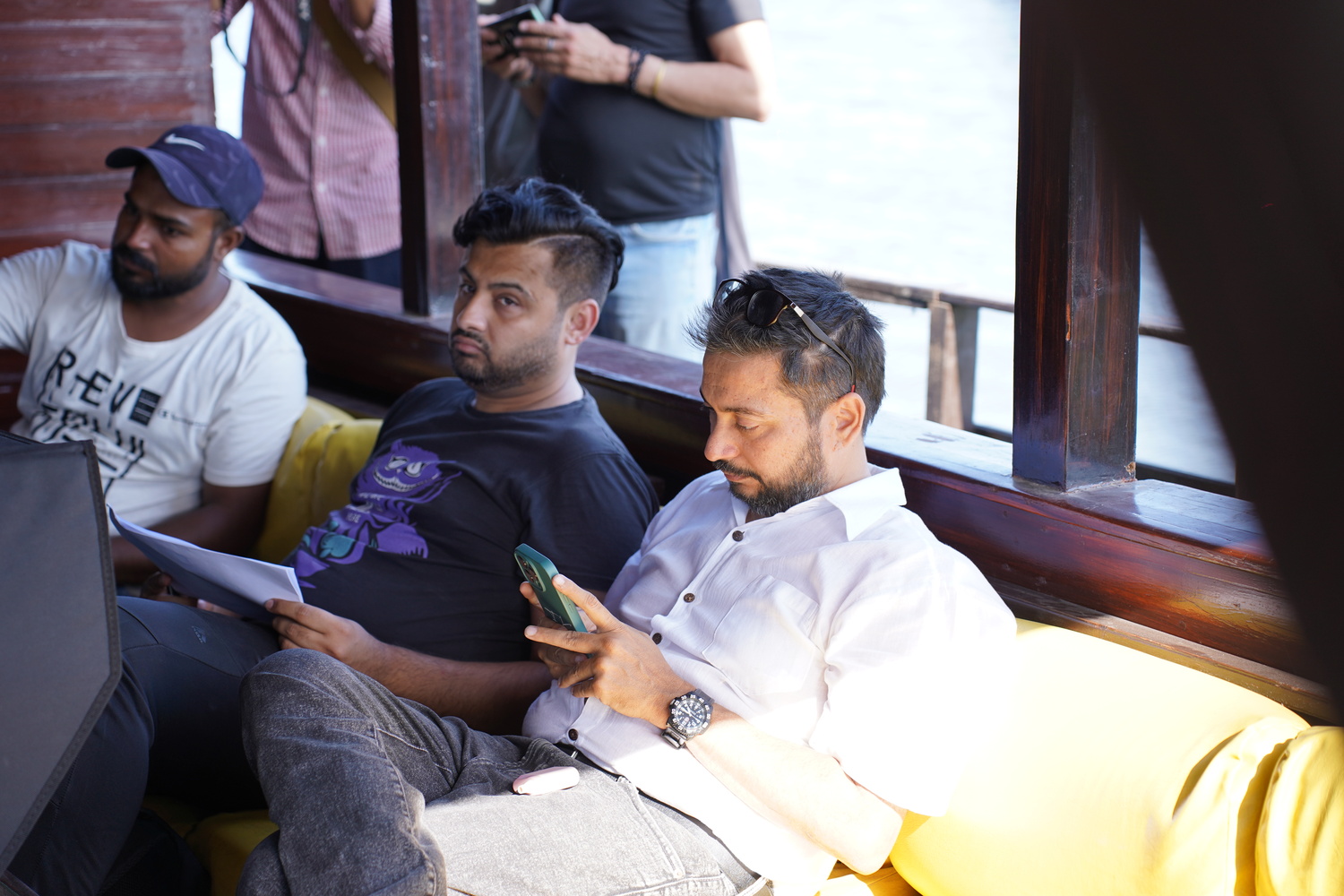
- Since the announcement of the film's selection at Cannes, many Pakistanis are curious to watch it. Where can the Pakistani audience watch this movie?
As a Pakistani filmmaker, my aim is always for the film to be exhibited in its country of origin. We hope to arrange local screenings eventually, but for now, it's still part of the festival circuit.
